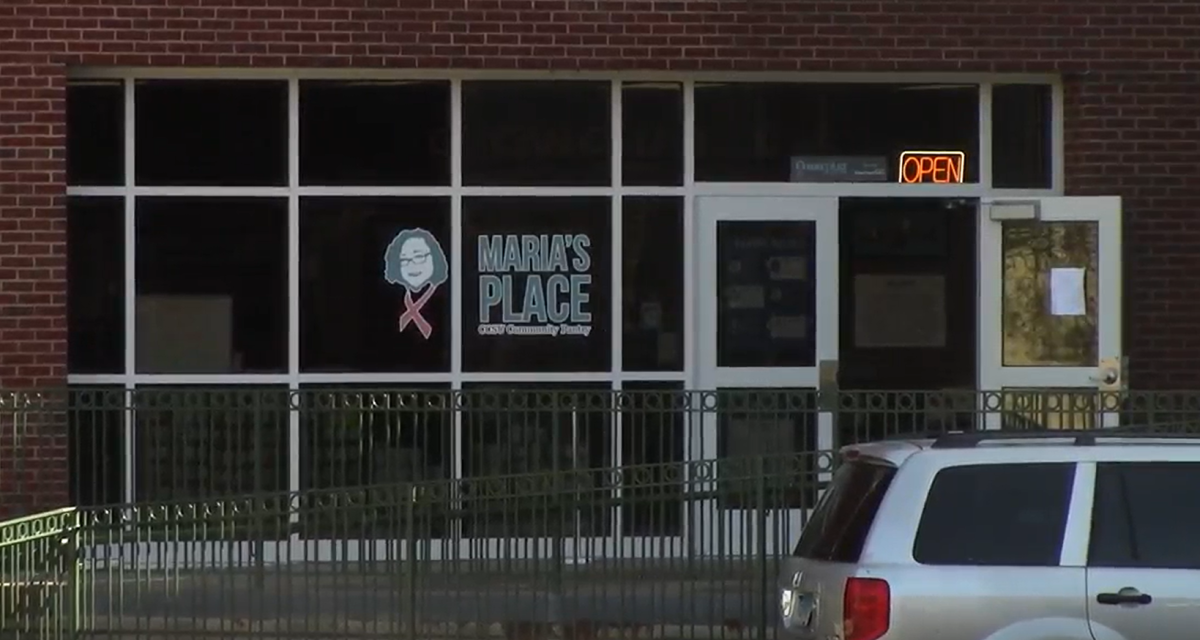
by Analisa Novak
The doors of Angry Bull are officially closed after owners cancelled their liquor permit due to death of Central Connecticut State University student, Taylor Lavoie, 18, who is said to have fallen more than four stories off the roof of the establishment after a night out on March 3.
The state medical examiner ruled her death accidental. Lavoie died after suffering from blunt force trauma, according to medical examiners.
According to Hartford police, Lavoie was alone when her death occurred. The results of a toxicology test have not been released to the public yet.
Police have said when her body was discovered she had a “very good” fake ID and was wearing a wristband that allowed her entrance to the bar.
The bar, which is owned by Paul Genna, immediately suspended their liquor license for two weeks. The bar released a Facebook statement on March 3, stating that they will be using the time to review procedures and the incident with the Hartford Police and Department of Consumer Protection, which handles all liquor permits.
The license was only temporarily suspended for two weeks as the time of the investigation, according to Hartford Police.
The Hartford Police chief sent a notice to Genna stating that in order for Angry Bull to reopen, they would need to hire police detail each night, which could cost the bar up to $500.
Due to this financial constraint, the owner then decided to not renew its liquor license, thus permanently closing the establishment, according to the bars lawyers.
The investigation to how Lavoie gained entrance to the bar is also closed, according to the Department of Consumer Protection, as they no longer have a liquor permit.
Deputy Police Chief Brian Foley said that The Department of Consumer Protection was planning an undercover raid before Lavoies death. Staffing and availability from both departments played an important key on why the raid was delayed.
Foley said that Hartford Police had made multiple complaints to the Liquor Control Commission, the most recent complaint on Feb. 24.
“We were in communication with them that week, they had our documentation, we wished it moved faster in a perfect world but that’s not where we are,” Foley said.



